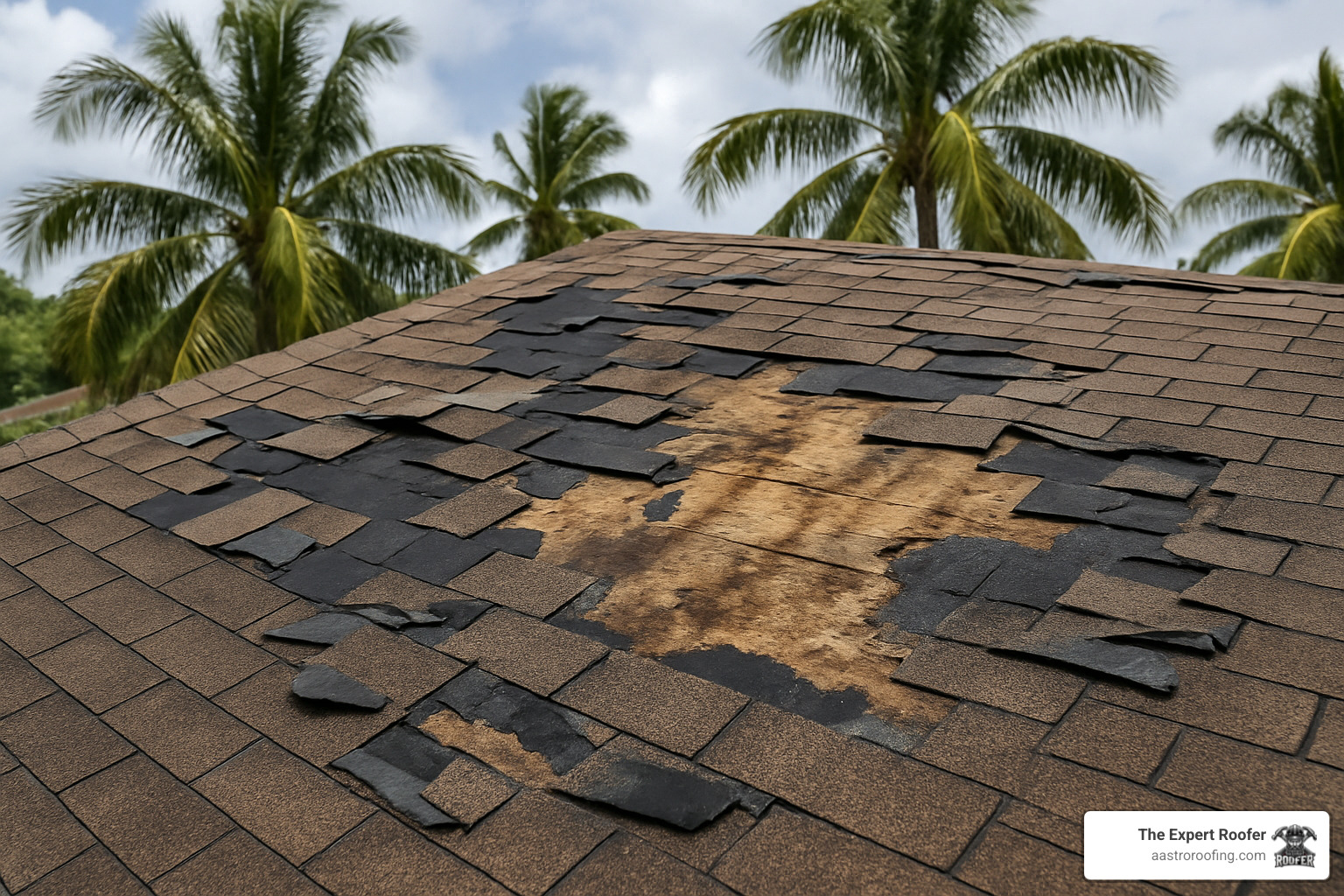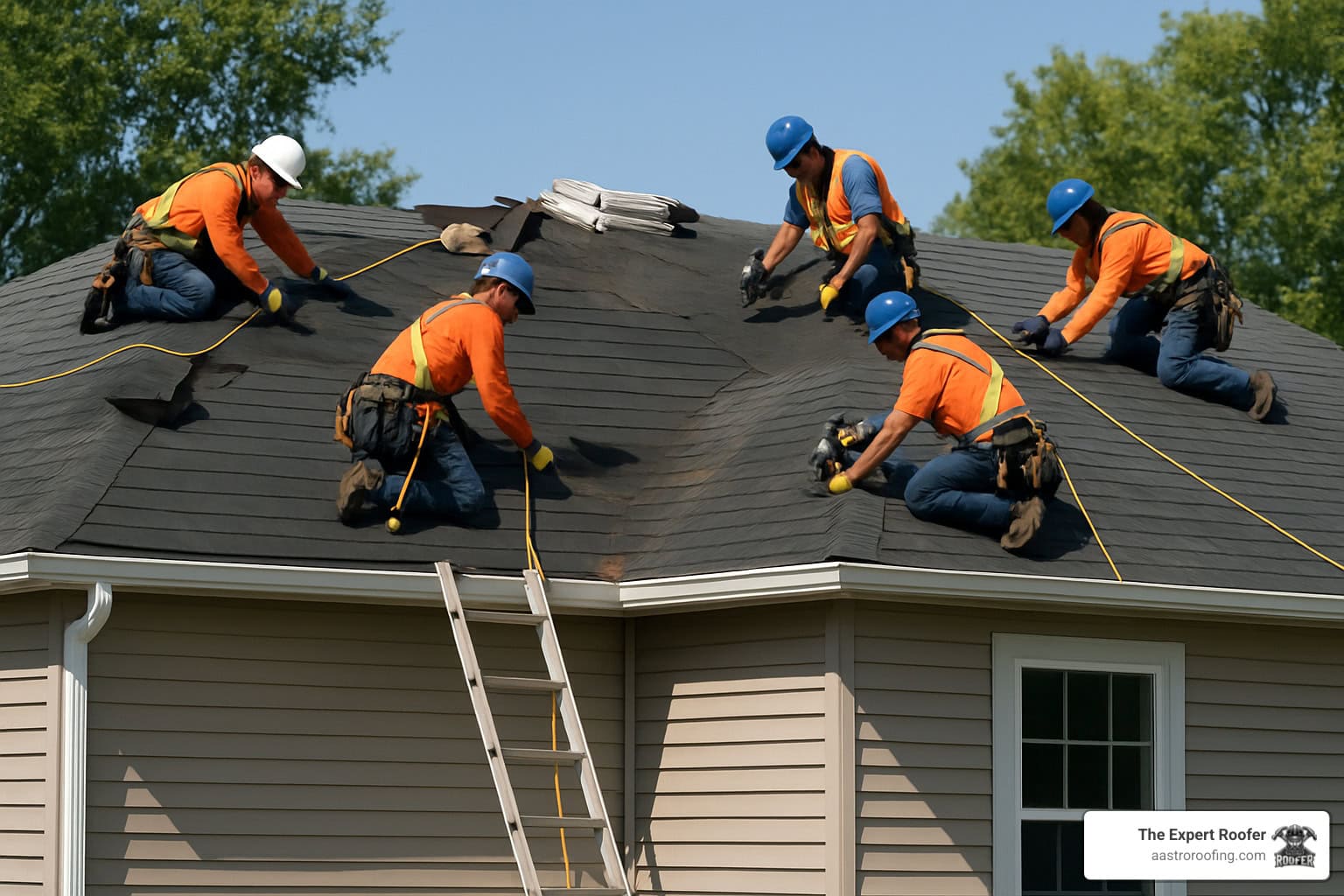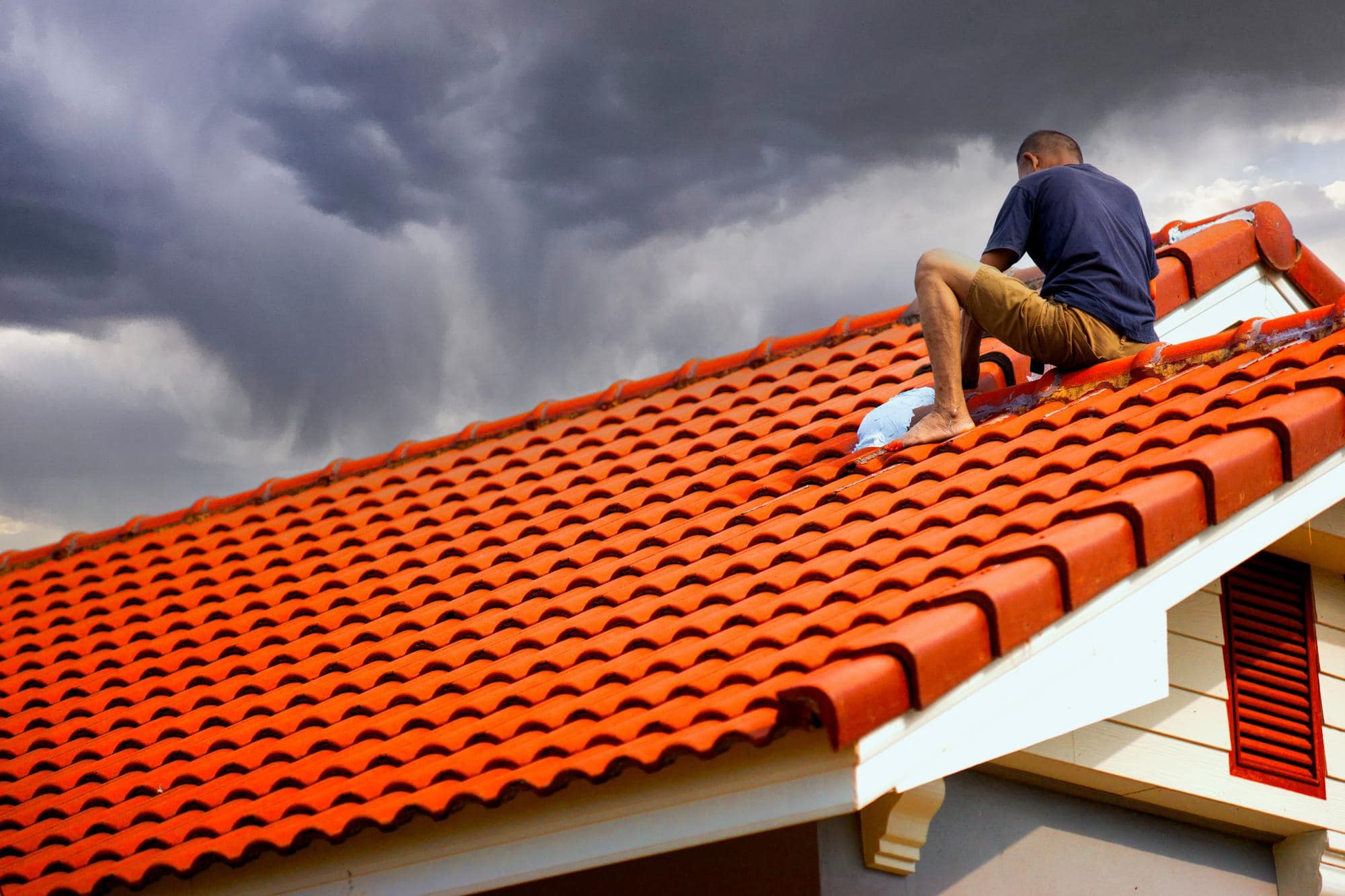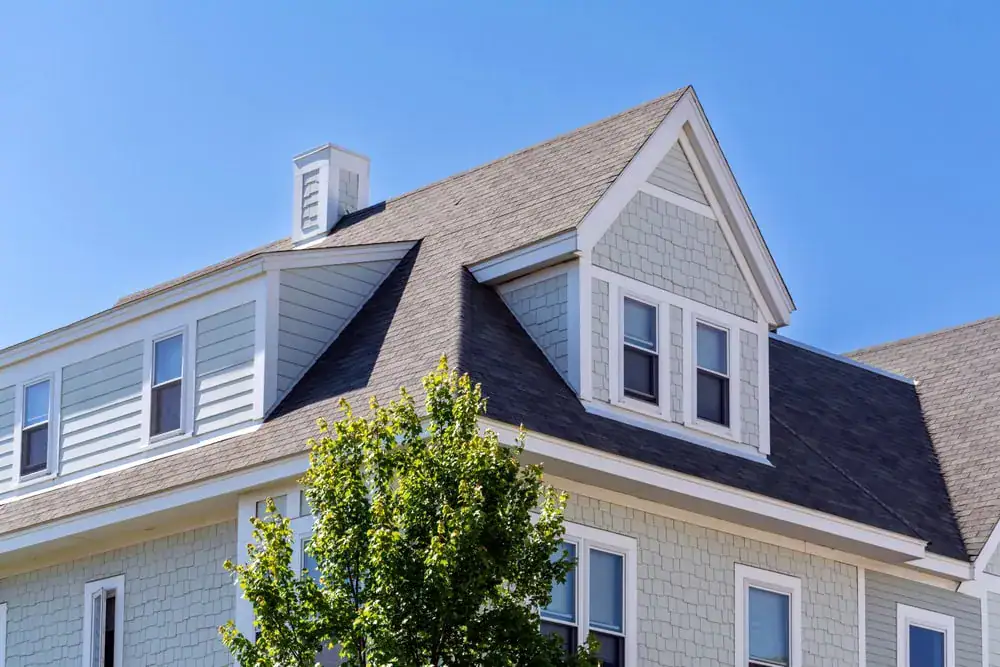Summary:
Verify Florida Roofing Contractor Licensing and Credentials
Every legitimate roofing contractor in Florida must hold proper state licensing. This isn’t negotiable, and it’s your first line of defense against scams.
Florida offers two types of roofing licenses: certified contractors who can work statewide, and registered contractors limited to specific cities or counties. Certified contractors must have four years of combined education and experience, with at least one year of on-the-job experience even for those with construction degrees.
You can verify any contractor’s licensing status through the Florida Department of Business and Professional Regulation (DBPR) website, which maintains a searchable database of all licensed contractors. Don’t just take their word for it.

What Florida Roofing License Requirements Really Mean
Understanding licensing requirements helps you spot red flags immediately. Becoming a licensed roofing contractor in Florida requires passing a two-part exam covering trade knowledge and business finance. Contractors must also provide clean credit reports, pass Level 2 background checks with fingerprinting, and demonstrate good moral character.
Not only will unlicensed work likely result in shoddy repairs costing thousands to fix, but in Florida, hiring an unlicensed roofer is illegal and could cost you up to $5,000 in fines. The financial risk extends beyond fines—you become personally responsible for any damage to your property or neighboring properties.
Licensed contractors have invested significant time and money in their credentials. They’ve proven their knowledge of Florida building codes, safety requirements, and proper installation techniques. Florida law requires roofing materials to comply with Florida Building Code specifications and manufacturer installation requirements, with strict standards for hurricane straps and anchors to keep roofs secure during high winds.
When a contractor shows you their license, verify the license number matches their business name and check the expiration date. Florida roofing licenses must be renewed every two years with 14 hours of continuing education, including mandatory courses on worker safety, business practices, and Florida Building Code updates.
Insurance Requirements Every Florida Roofer Must Carry
Proper insurance protects both you and the contractor, but many homeowners don’t know what coverage to verify. Florida requires roofing contractors to carry workers’ compensation insurance ($100,000 per occurrence, $500,000 aggregate, $100,000 per disease) and liability insurance with minimums of $100,000 for public liability and $25,000 for property damage.
Contractors should provide insurance certificates for validation, as inadequate coverage could lead to litigation between contractor and homeowner if employees sustain injuries at your property. Don’t accept expired certificates or vague assurances—request current documentation.
Many contractors in Florida carry higher limits, typically $1,000,000 per occurrence and $2,000,000 aggregate for general liability coverage. This higher coverage indicates a more established business with significant assets to protect.
Workers’ compensation is particularly crucial in roofing. Roofing is dangerous work with extreme heat being a leading cause of death for outdoor workers, and work schedules can stretch 35% longer due to weather conditions. Without proper workers’ comp coverage, an injured worker could file a claim against your homeowner’s insurance.
Ask contractors to explain their safety programs and training protocols. Contractors without training or safety programs may not be the best choice, as organizations like GAF’s Center for the Advancement of Roofing Excellence have trained over 200,000 professionals in proper safety procedures.
Understanding Roofing Warranties and What They Actually Cover
Warranties seem straightforward until you need them. In Florida’s harsh climate, understanding warranty coverage can save you thousands in unexpected repair costs.
Workmanship warranties cover installation errors like improper nailing, flashing, or ventilation, typically ranging from 1 to 10 years depending on the contractor. System warranties provide broader protection covering both materials and workmanship, often including flashing, underlayment, and ventilation components with coverage typically lasting 25+ years.
You’ll only have warranty coverage as long as the company backing your warranty continues to exist, and many Florida homeowners have lost promised warranties when contractors moved on or left the business entirely.
Material vs. Workmanship Warranties Explained
The distinction between material and workmanship warranties determines who pays when problems arise. Material warranties cover defects in roofing materials or manufacturing issues, while workmanship warranties cover installation errors that result in leaks or other serious problems.
Contractors should clearly explain the difference between their workmanship warranty coverage and the product manufacturer’s warranty coverage for defective products. Some manufacturers offer lifetime material warranties with additional coverage like blow-off protection for the first 15 years, meaning different types of damage may fall under different warranty sections.
Florida’s Building Code requires roofing materials to meet specific wind-load resistance ratings due to hurricane susceptibility, and warranties may not cover hurricane damage unless materials meet Florida Building Code standards and installation is performed by authorized, licensed contractors.
Manufacturer warranties often require installation by certified contractors to remain valid. Extended manufacturer warranties offering the best coverage, including labor costs and 50+ year protection, require installation by certified contractors to be valid. Being certified tells you a shingle manufacturer trusts the contractor to install products correctly, and you can find certified contractors by visiting manufacturer websites and entering your zip code.
Warranty Red Flags and What Voids Coverage
Understanding what voids warranties can prevent costly surprises later. Having another contractor work on your roof could void workmanship warranties, and DIY repairs will almost certainly void coverage, leaving you without protection when the next big problem arrives.
In humid Florida, pressure washing to remove algae is tempting but will likely void both workmanship and material warranties. To maintain warranty validity, schedule annual professional inspections, keep roofs clean and debris-free, address minor repairs promptly, follow manufacturer maintenance guidelines, document all inspections and repairs, and communicate with your contractor before any modifications.
Florida’s state regulations and building codes require contractors to meet certain standards for warranties to remain valid, and referencing the Florida Building Code can clarify warranty terms. Some warranties exclude damage from severe weather unless specifically stated, making it crucial to understand exactly what’s covered.
The warranty provider matters as much as the coverage terms. Some roofing companies offer extended warranties for both materials and labor, particularly when using high-quality products with proven track records of excellent service. Choose contractors who back their warranties with established business practices and local presence.
Making the Right Choice for Your Florida Roofing Project
Choosing a reliable roofing contractor in Florida requires more than comparing prices. You’re selecting a partner who will protect your most valuable investment while navigating an industry plagued by scams and regulatory challenges.
Verify licensing through DBPR, confirm proper insurance coverage, and understand warranty protections before signing any contract. Every job needs written documentation including labor costs, materials, price breakdown, taxes, payment agreements, insurance coverage, and binding contract terms. Remember that the lowest bid often signals cut corners, substandard materials, or unlicensed work that will cost you more in the long run.
For homeowners in Broward and Palm Beach counties seeking a contractor with four generations of roofing expertise, comprehensive warranties, and an A+ BBB rating, we provide the reliability and transparency you need for your roofing project.




